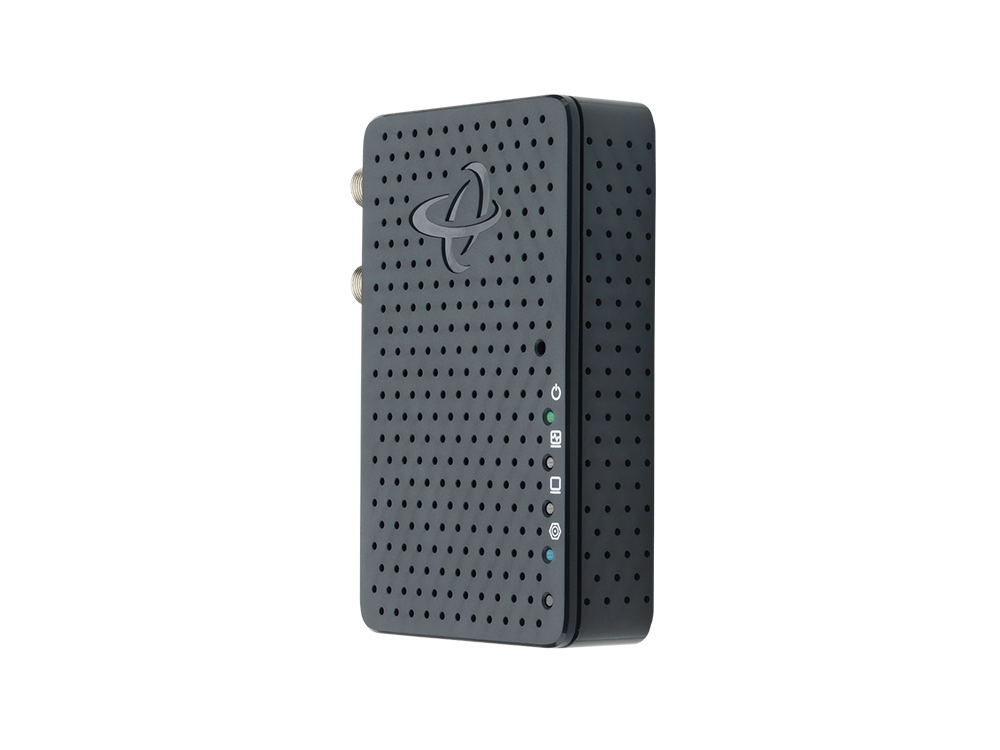gil80
Regular Contributor
As someone who just moved houses, I need to extend my wifi coverage, but I'm unsure about the factors I need to consider.
I own the RT-AX88U. It sits far away from my living room which doesn't allow for a wired connection.
After some reading, I thought about getting the Asus ZenWifi XD5 and place that in my living room.
What I'm not sure about is if this device requires a wired connection to my router in order to operate, or can it be used wirelessly to extend the router's wifi signal and improve the speed in my living room.
If yes, any downsides of using it in a wireless mode?
I own the RT-AX88U. It sits far away from my living room which doesn't allow for a wired connection.
After some reading, I thought about getting the Asus ZenWifi XD5 and place that in my living room.
What I'm not sure about is if this device requires a wired connection to my router in order to operate, or can it be used wirelessly to extend the router's wifi signal and improve the speed in my living room.
If yes, any downsides of using it in a wireless mode?


